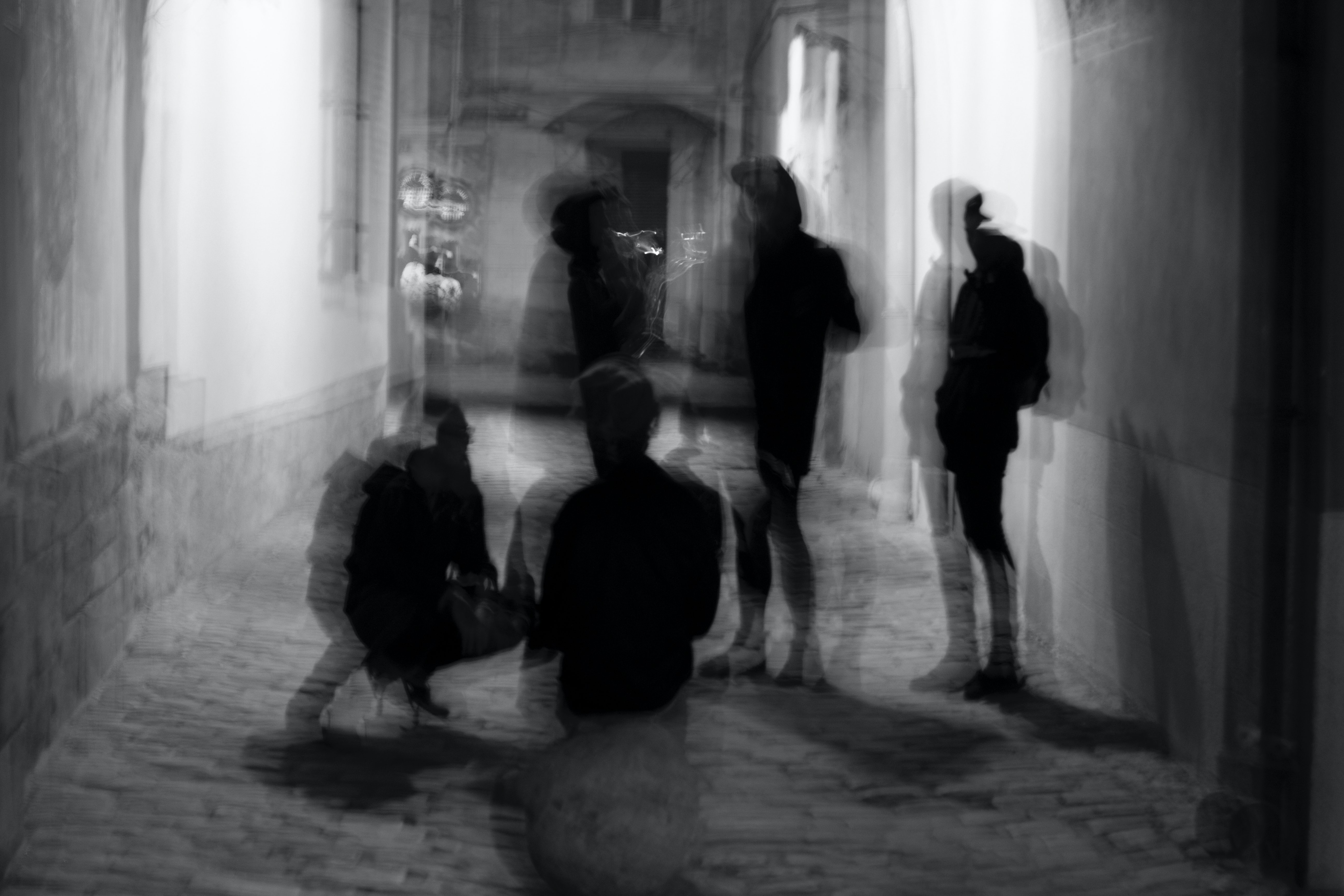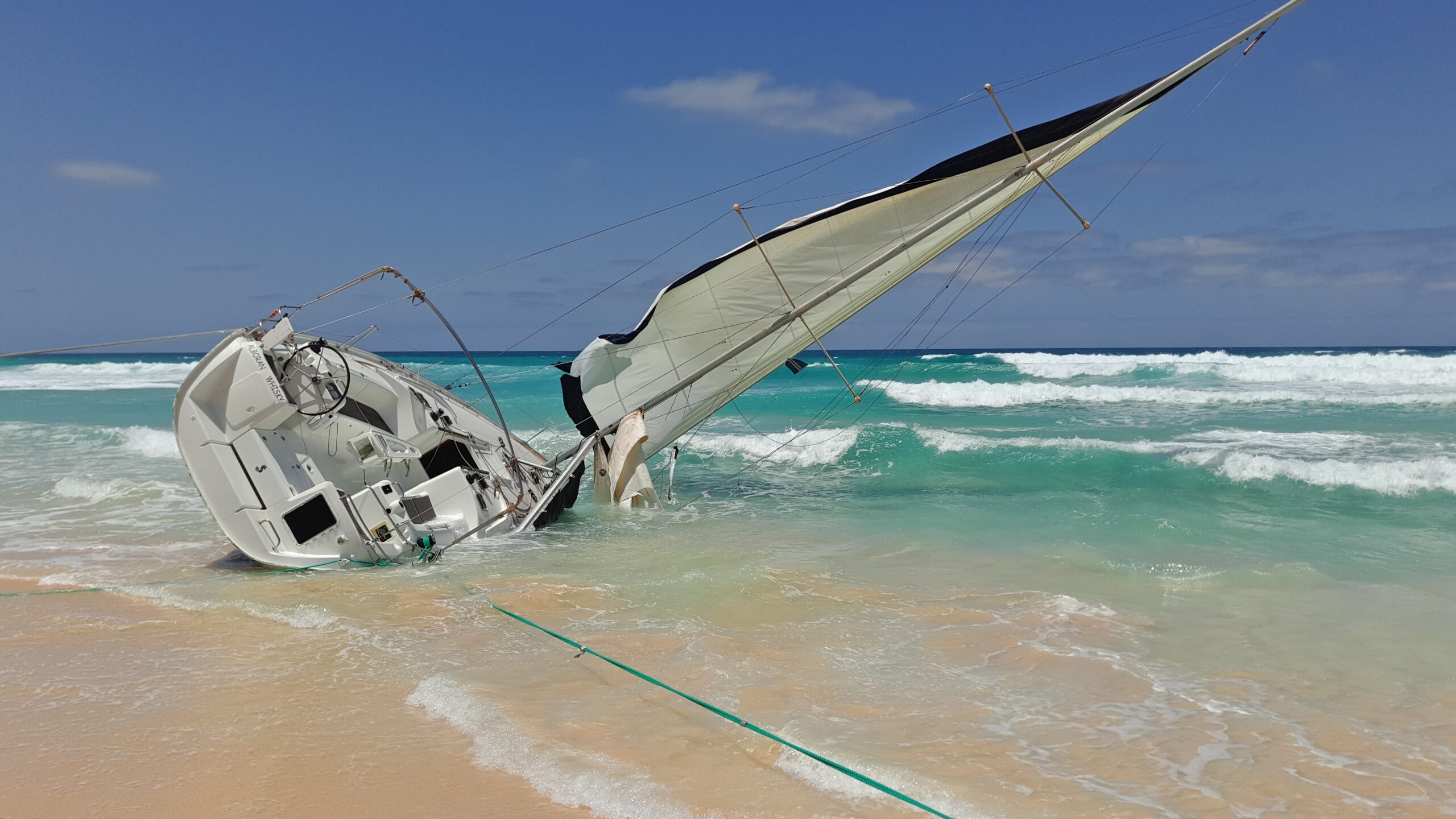Ever experienced a dream in which you were flying, and the plane crashed, killing you? As soon as you open your eyes, you start to get a cold sweat because you know it will happen again. Many people who experience dystychiphobia, or dread of accidents, express this feeling. It is characterized by a recurring worry that things will get worse.
Regrettably, many people have dystychiphobia, even if unaware of it. This article will describe what is dystychiphobia, its symptoms, and its effective treatments.
What does dystychiphobia mean?
What is dystychiphobia? Dystychiphobia is a severe and irrational fear of accidents and deaths. This individual continually worries about how to avoid disasters, what to do when they occur, and whether or not accidents will render them defenseless.
This fear is usually present in people who have previously been in dangerous or depressing circumstances. There may occasionally be a distressing incident involving someone, such as a friend or family member.
It’s similar to amaxophobia, or the fear of driving, which typically arises from trauma from prior accidents and, in some cases, post-traumatic stress disorder (PTSD).
People with more severe forms of this phobia worry nonstop, which may prevent them from fully experiencing life. Like all phobias, dystychiphobia usually varies from person to person. Some people are scared of industrial catastrophes, while others worry about derailments that can impact transportation. Some people only feel a little anxiety, while others are so terrified they are nearly paralyzed.
What are the symptoms of dystychiphobia?
The anxiety-related behaviors are the dystychiphobia symptoms that are most obvious to the affected person and those around them. Accident-phobic persons frequently purposefully steer clear of situations to determine what first triggered their fear or worry.
Everybody is different, and that includes their phobias. Real phobias and anxieties, like dystychiphobia, belong under the category of anxiety disorders because the severity of the person’s stated worries also influences the symptoms.
Dystychiphobia can cause mild to severe physical symptoms. They consist of:
- Chills.
- Feeling lightheaded and dizzy.
- Excessive perspiration (hyperhidrosis).
- Palpitations in the heart
- Nausea.
- Breathing difficulty (dyspnea).
- Shaking or trembling
- Indigestion or an upset stomach (dyspepsia).
Dystychiphobia may occasionally cause psychological symptoms. These include:
- Dread of letting go of power
- A poor sense of self
- Fear of death
- Less assurance
- Apprehension of harm
- Fear of being sick
- Being unable to talk
- Self-blame
- Withdrawal from other people
- Sad feeling
- Hopeless
- Lacking connection
- Angry and irritable
It’s important to understand that phobia symptoms might include psychological and physical symptoms. These phobic individuals could use avoidance behaviors as a filter to eliminate their worries, sometimes on purpose and other times by accident. Additionally, they might engage in repetitive behaviors to keep themselves safe, have trouble sleeping due to their anxiety, and become so focused on averting the crisis that they neglect their other obligations, such as their jobs and relationships with others, and other areas of responsibility.
What Causes Dystychiphobia?

The particular causes of dystychiphobia are unknown. It’s possible that those who have had this fear in the past underwent a terrible experience, such as being in an accident or seeing the untimely death of someone else. Those who suffer from anxiety disorders frequently have negative thoughts and sentiments about themselves and the outside environment. People may become scared or apprehensive about specific events in their lives due to these thoughts and feelings, which could make them worry about getting into an accident.
Possible causes of dystychiphobia include:
- Dystychiphobia may result from having a parent or other family member who instills a dread of accidents in you.
- Some individuals may experience dystychiphobia as a result of a severe accident. You are also in danger if a friend or family member has been hurt or killed in an accident. There may occasionally be a connection between PTSD and dystychiphobia (PTSD).
- You might have the same worry after seeing someone with dystychiphobia or hearing about someone else’s fear of accidents.
- Your risk of getting dystychiphobia increases if one of your parents or another close relative has an anxiety or phobia disorder. A DNA mutation may cause you to experience more significant anxiety than others.
What Are The Treatment Options For Dystychiphobia?
A person’s behavior, choices, and maybe even life can be significantly impacted by moderate to severe dystychiphobia. Therefore, this issue needs to be resolved as soon as it is identified.
Do you suffer from dystychiphobia? There is no need to be worried. You can take various dystychiphobia tests to find the solution to your issue. You will have the choice of using cognitive behavioral therapy or behavioral modification techniques, which have enough supporting data to be regarded as successful treatments for anxiety and particular phobia disorders.
Cognitive behavioral therapy
A psycho-social intervention to enhance mental health is CBT. This approach is frequently used to treat patients with anxiety disorders, such as OCD and generalized anxiety disorder. People with Dystychiphobia may also benefit from CBT since it will help them understand why their irrational concerns are causing them to feel and act the way they do.
Your therapist will educate you on controlling your pessimistic and irrational ideas when you come across triggers related to cognitive behavioral therapy. As you work through treatment, you’ll learn to change your thoughts, become more conscious of your feelings, and as a result, change how you respond when you encounter triggers, whether they be actual or imagined.
Mindfulness-based stress reduction (MBSR)
For those struggling with anxiety, stress, depression, and other mental anguish, MBSR is an 8-week, evidence-based program that provides rigorous, secular mindfulness training. People with Dystychiphobia may find considerable benefit from MBSR because it has been shown that mindfulness meditation is particularly beneficial for anxious people. A person with dystychiphobia may look forward to learning several skills in a structured program that can help them lessen the intense anxiety associated with their specific phobia.
Rational emotive behavioral therapy
The cognitive behavioral therapy (CBT) technique known as REBT focuses on unhelpful or irrational attitudes and beliefs that affect a person’s thoughts, feelings, and behaviors. According to the ABC paradigm, the initial experience, the resulting views, and the effects of those beliefs, all of which contributed to the formation of the phobia, are described. It helps people form realistic, healthy thoughts using a technique called “disputing.” People can rationally explain their ideas, as well as their emotional and behavioral responses.
How To Overcome Dystychiphobia
How to cope with dystychiphobia? If your dystychiphobia is minor or manageable and not interfering with your everyday activities, you can try the following coping mechanisms.
- Groups for self-help
- Healthy diet
- Limiting caffeine intake
- Getting sufficient rest
And a few more coping techniques are:
Visualization
Visualization is comparable to exposure therapy in that you envision how to manage a circumstance or event you are afraid of. You can get in touch with people who have phobias like dystychiphobia through support groups.
Call over friends
If you experience intense fear, ask friends and family for help. On days when your anxiety is terrible, calling or inviting them to join you are effective coping mechanisms.
Relaxation techniques
Despite the bodily responses that frequently arise when your fear is activated, relaxation methods like mindfulness can aid in controlling your breathing and calming your body.
Exercise
Exercises can relieve stress, burn off surplus energy, and keep you happy and energetic.
Dystychiphobia Examples
- Dystychiphobic individuals may refrain from visiting particular locations or taking certain risks out of concern about mishaps. One of the key factors contributing to their mental distress is likely their excessive concern and irrational thinking.
- A person may be more susceptible to developing dystychiphobia if there is a family history of mental illness, particularly anxiety disorders or phobias. This may result from their inherited propensity for mental diseases in general.
- Dystychiphobics almost always have an instant subconscious reaction when confronted with their fear. Someone with this ailment will probably suffer significantly because they don’t know themselves.
Conclusion
In this article, we have discussed what is dystychiphobia. It might be challenging to overcome dystychiphobia, which gives you the sensation that you’ve never learned how to do anything properly. You’ll discover that it’s possible to live a life free of this phobic worry with the correct assistance.
Please contact a mental health professional as soon as possible if you’re interested in learning more about what you can do to combat this fear. Your brain’s physical makeup is what causes the symptoms of this fear. They can help you grow better so that life is bearable and not defined by embarrassing mistakes every time you venture outside your comfort zone. You must exert yourself to get through this paralyzing phobia.
FAQs
Is it normal to be scared driving?
The driving phobia can range in severity from minor to severe. Occasionally referred to as amaxophobia. Others are simply terrified to be in the driver’s seat, while some people only have a driving phobia when it comes to specific situations, such as driving in bad weather or on the interstate.
How do I stop being scared of an accident?
If you have this particular phobia, you could experience anxiety anytime you approach or stare at a location where you suspect an accident could occur. Most persons who experience this anxiety have previously been in terrible accidents. You can overcome your fear of accidents with cognitive behavioral therapy and exposure therapy.
Can driving phobia be cured?
There are several ways to get over phobias, but some are more effective than others. Exposure therapy is one of the most effective methods for overcoming a paralyzing phobia. As a result, when driving, people are more at ease and confident that they won’t skid off the road.
Why do I panic when driving?
High-stress levels usually trigger panic episodes when driving: If a person is already feeling stressed out from the day before they get behind the wheel, they may be more likely to develop panic attacks while driving. High anxiety levels: Biological or environmental causes may be responsible for these illnesses.

